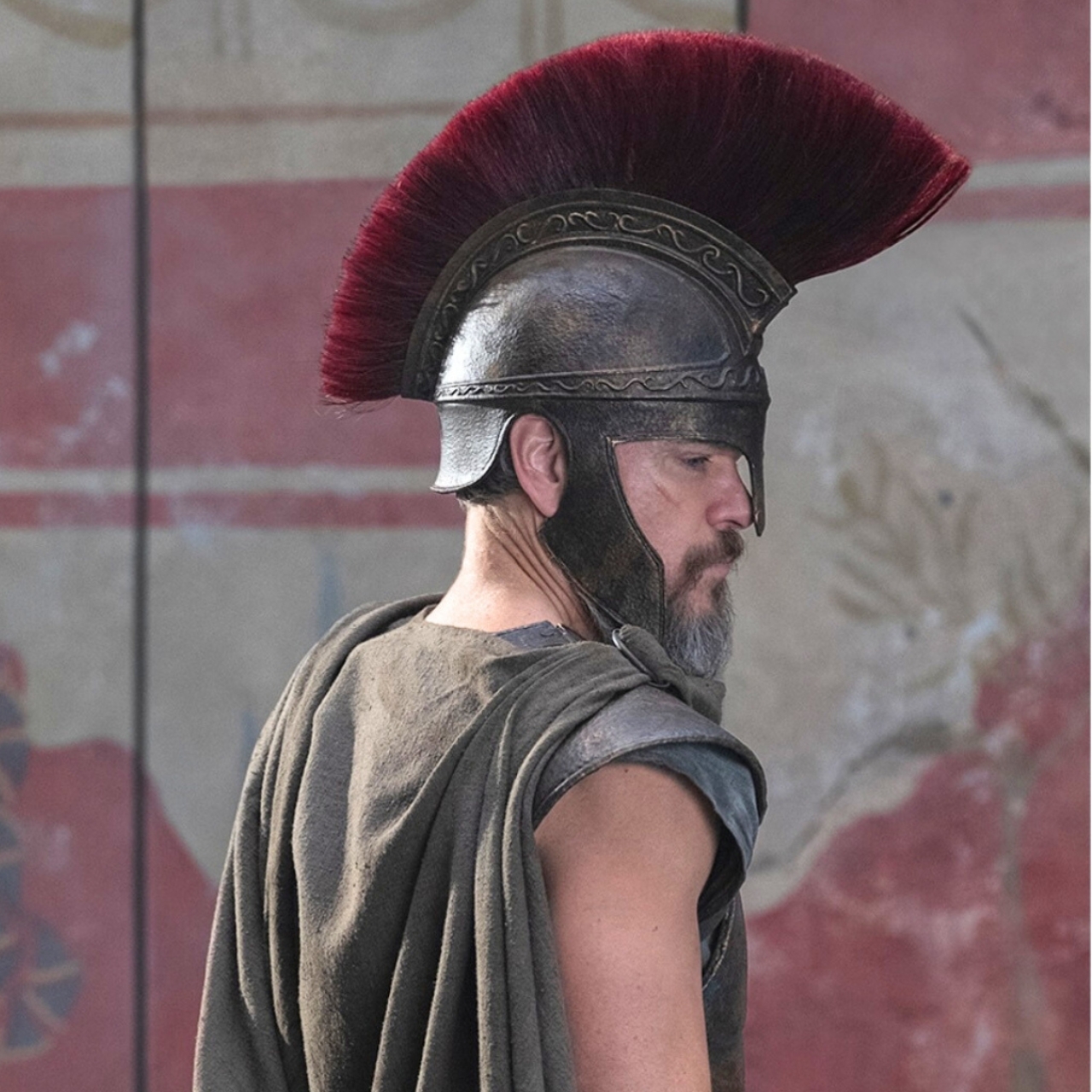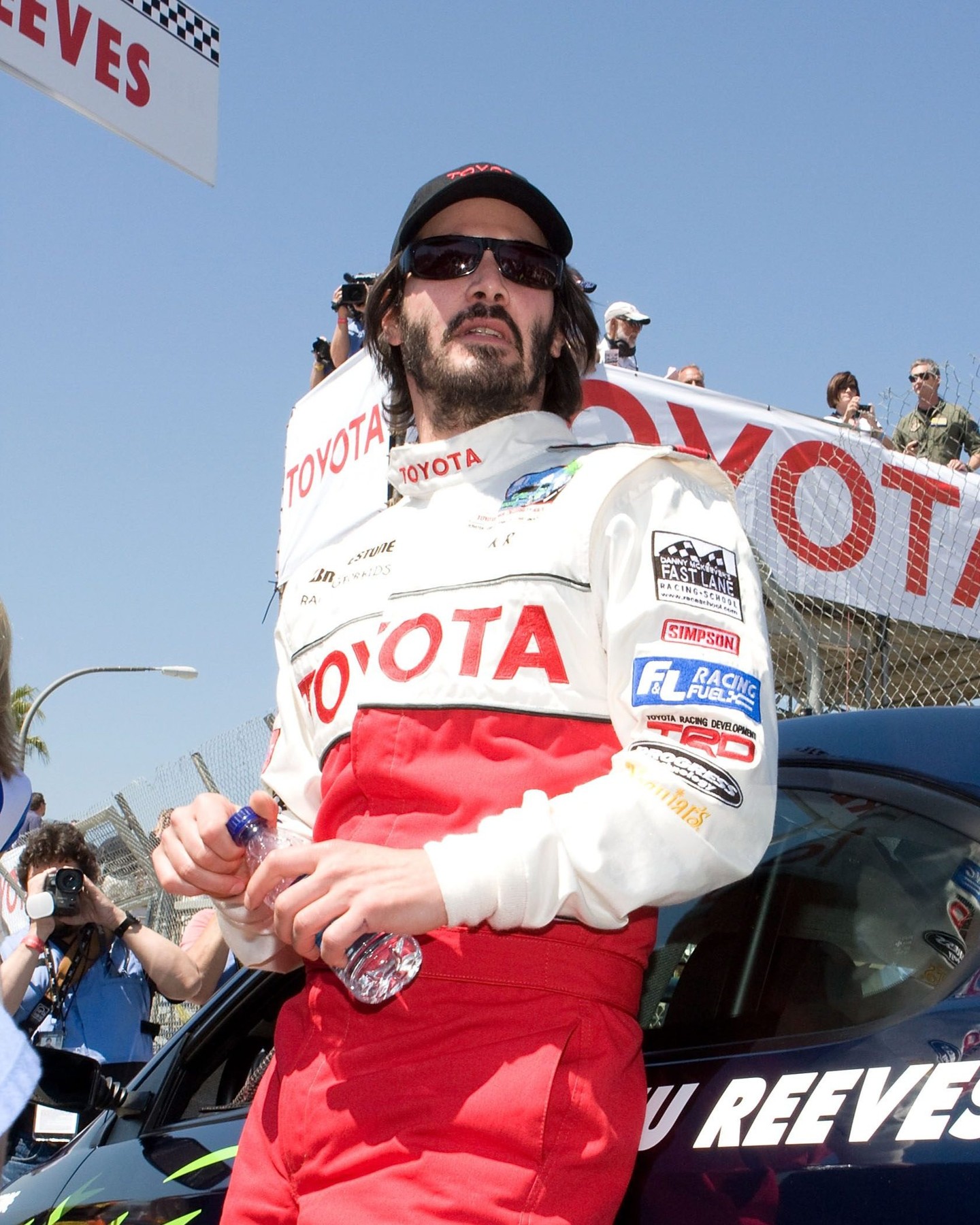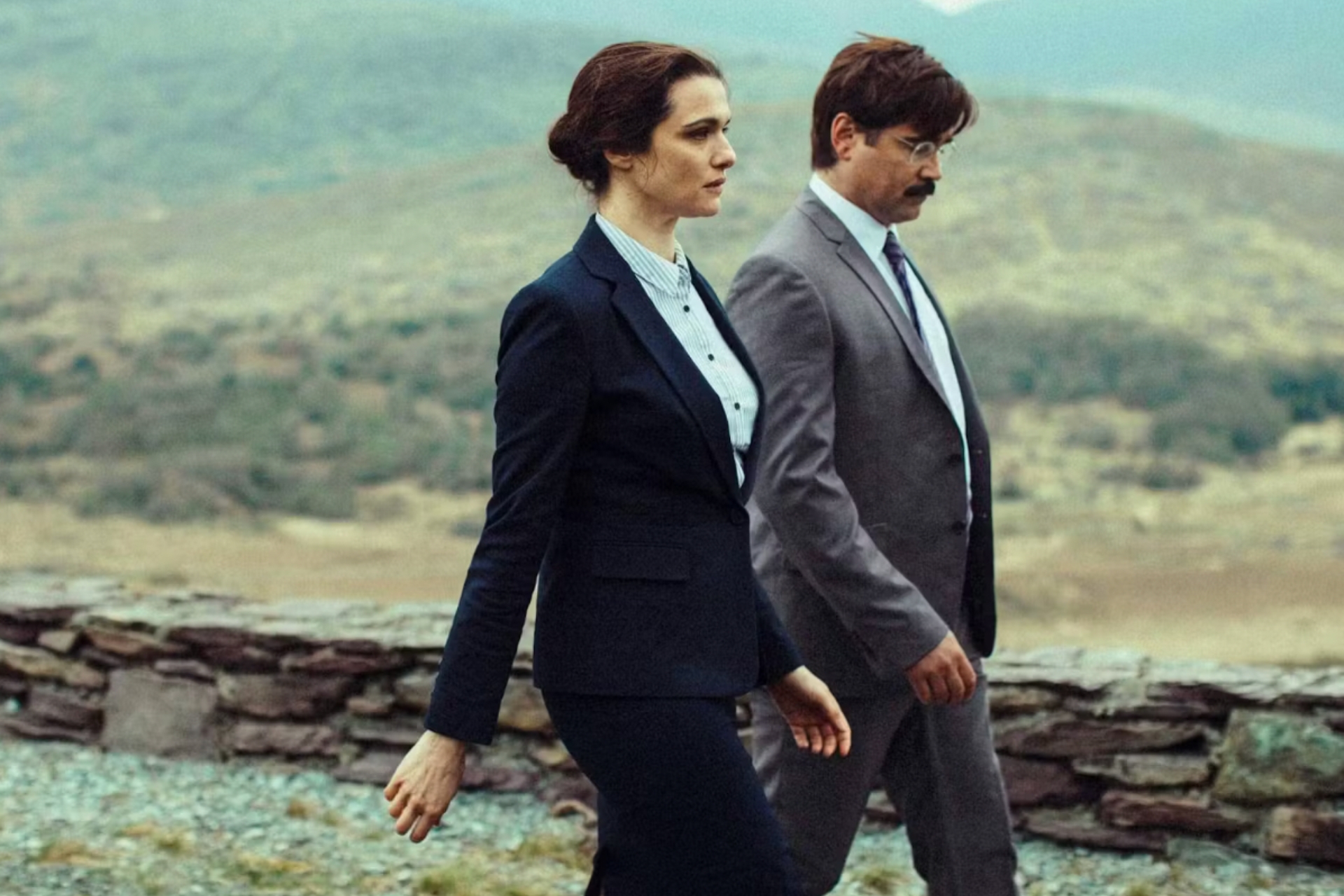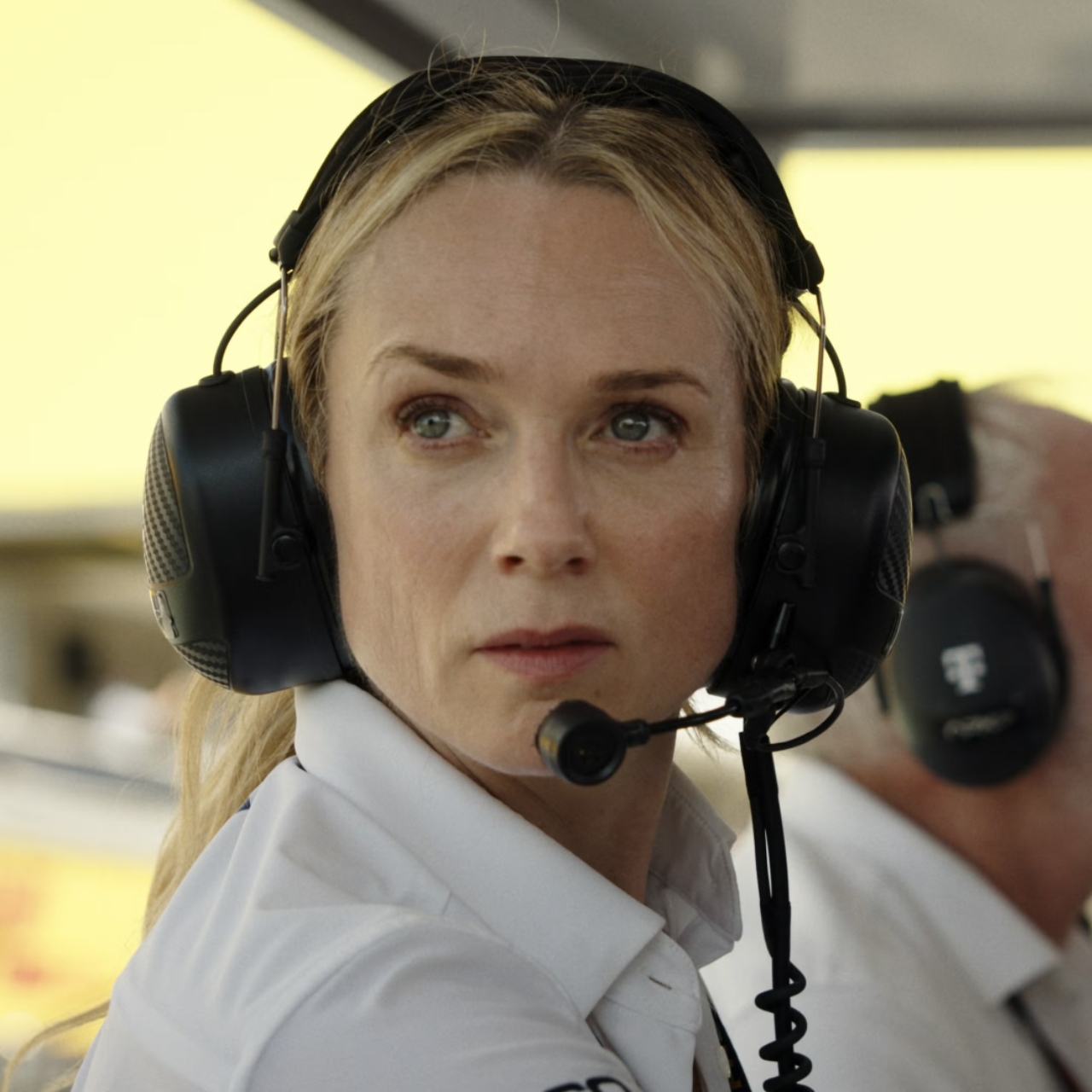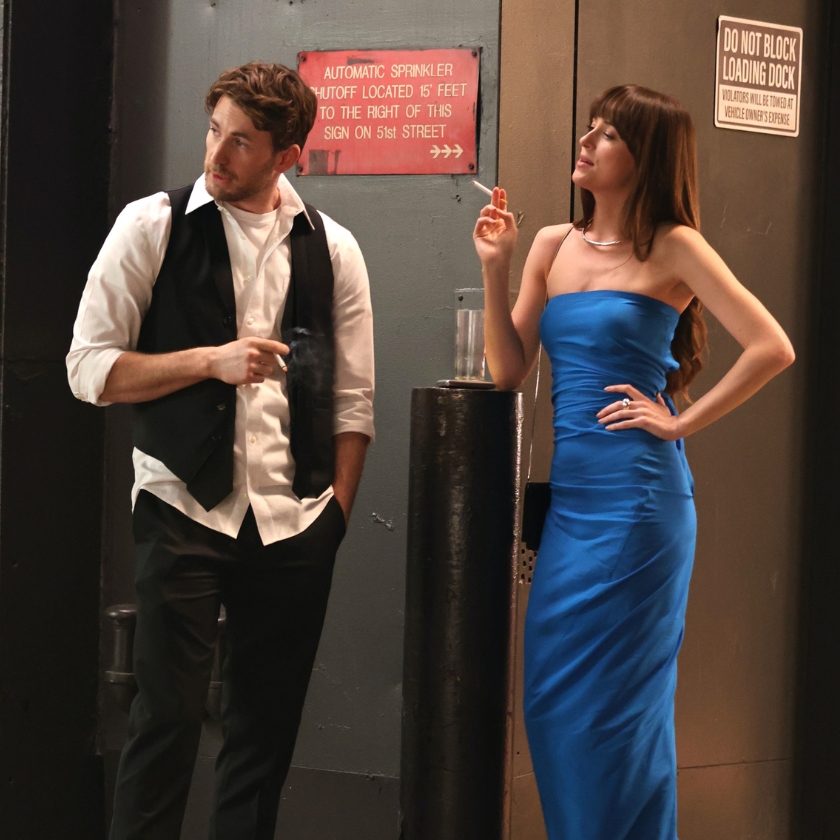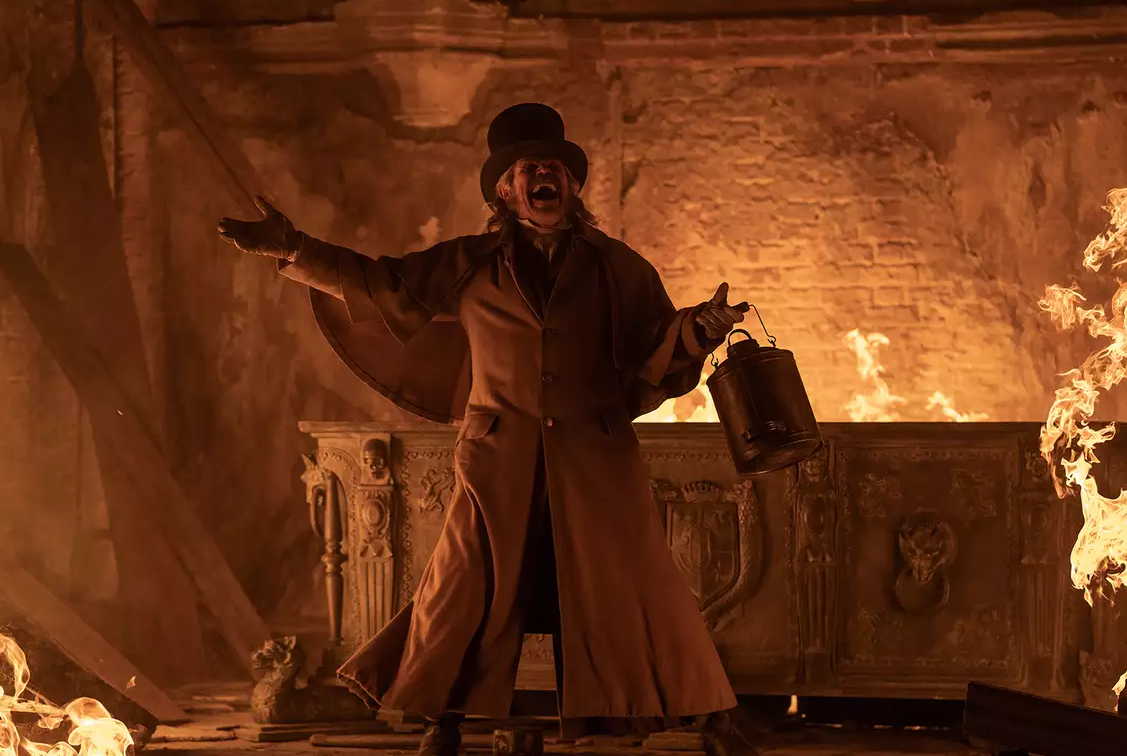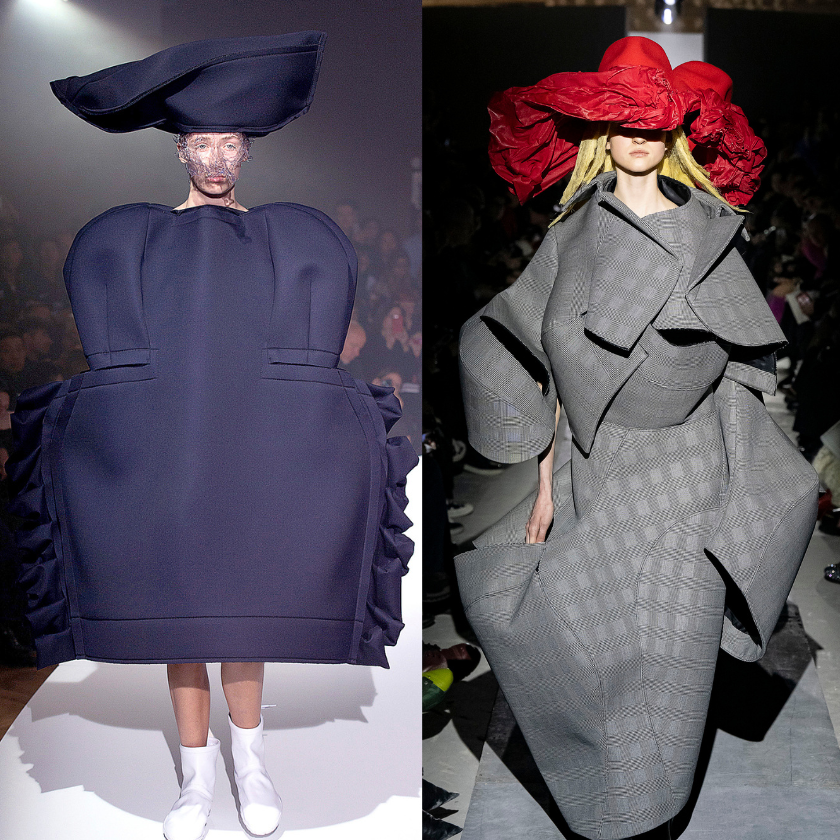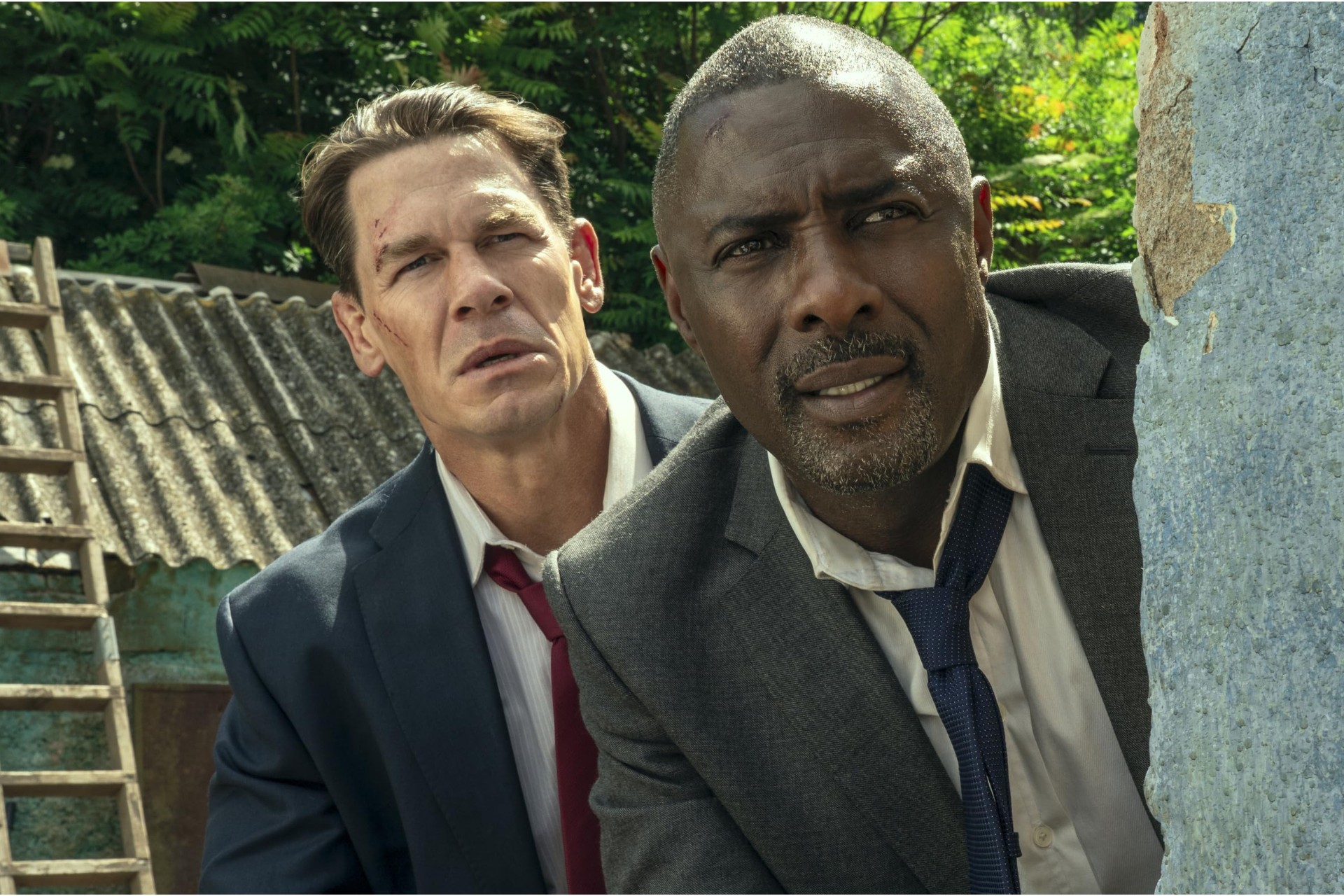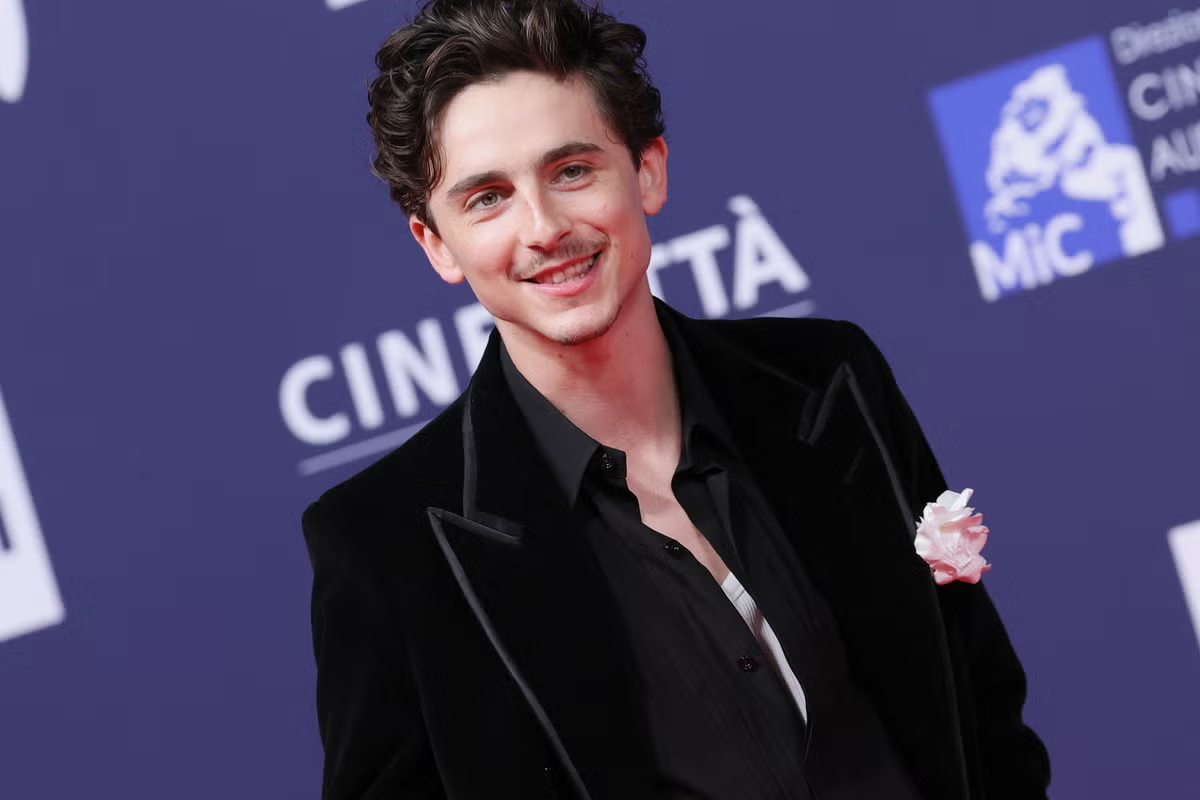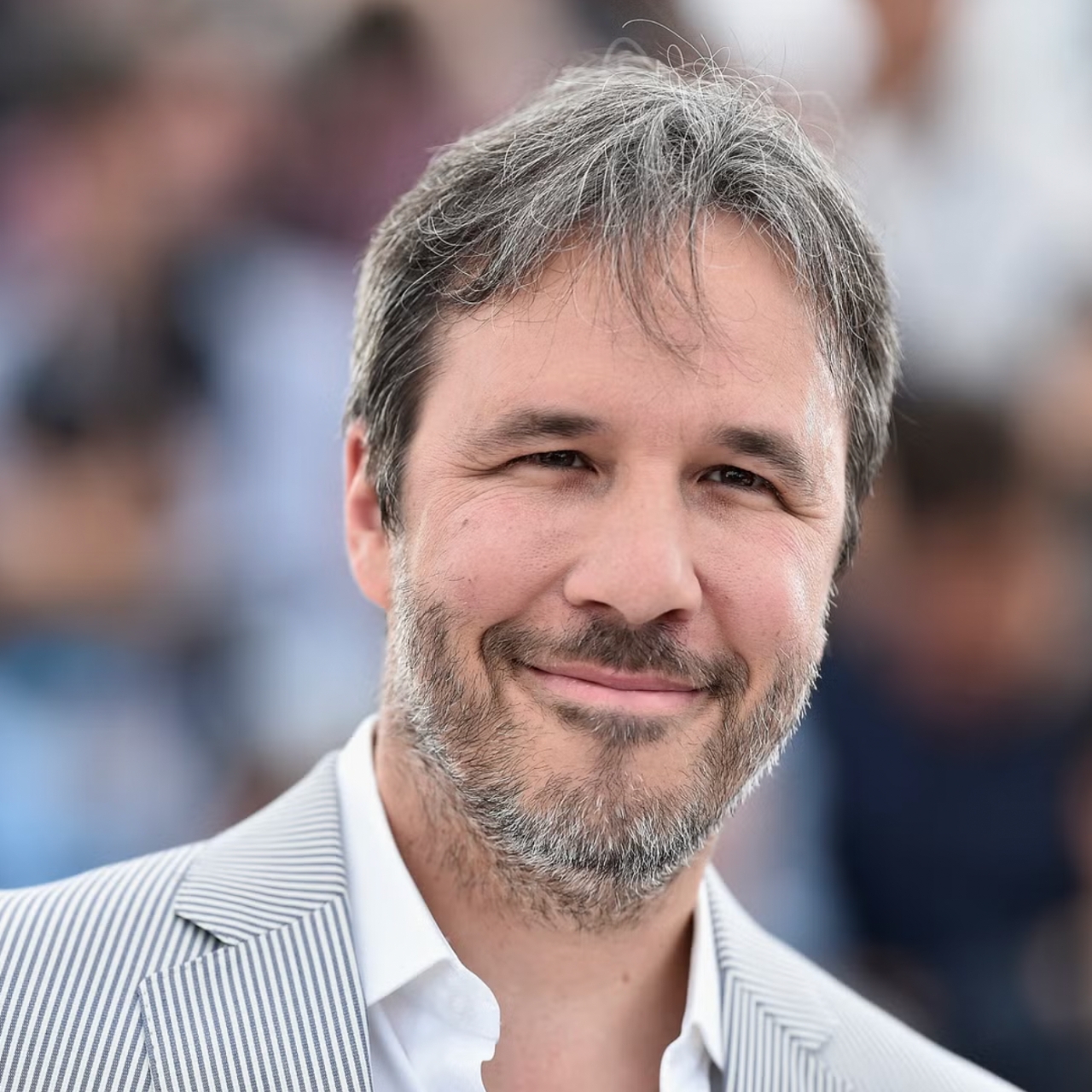20 years ago, Cillian Murphy proved his leading man credentials in '28 Days Later'
The 'Oppenheimer' actor demonstrated a mastery of his craft long before Christopher Nolan gave him top billing.
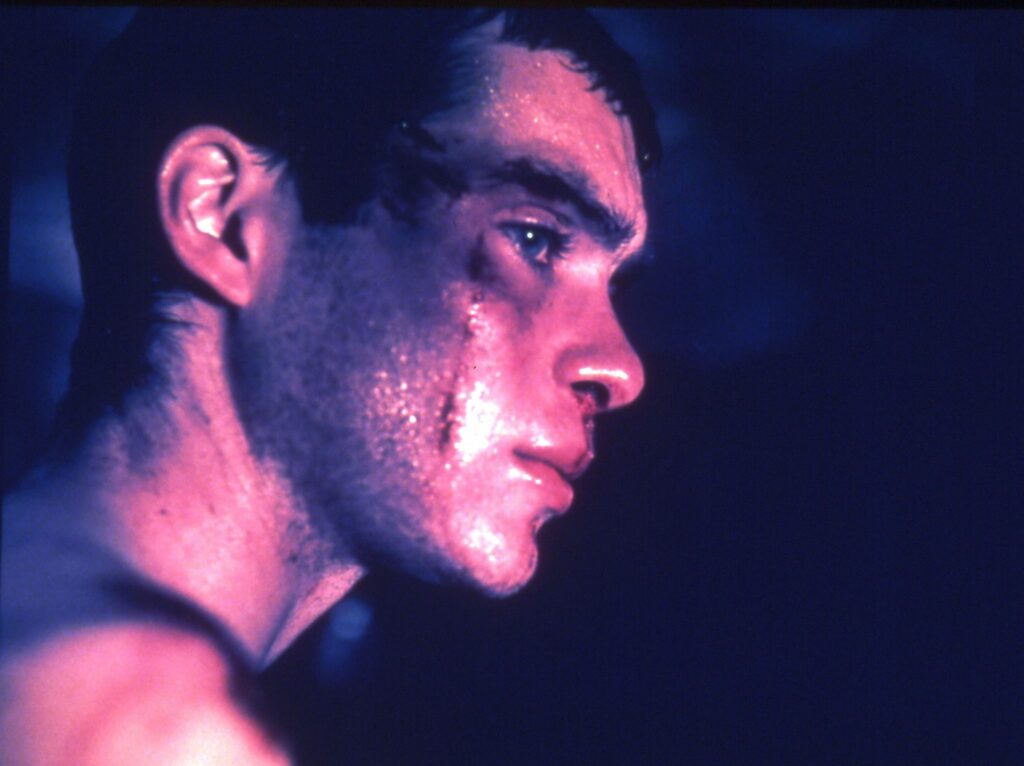
“I’VE ALWAYS KNOWN SINCE I first met him […] that he is one of the great actors, not just of his generation, but of all time. I’ve been waiting for the project […] where we can collaborate with him as the lead, and I could put the most enormous weight – cinematic weight – on his shoulders, and watch him carry that burden […] It was such a thrill to be able to call Cillian, and say, ‘This is it’”.
That’s director Christopher Nolan there, something of a generational talent himself, explaining why he waited 20 years to put Cillian Murphy in a lead role. Finally, this summer, he’s done it: the Irish actor will play the titular, troubled father of the atomic bomb in Oppenheimer. For his part, Murphy – who has now appeared in six Nolan projects — has said, “Deep down I was desperate to play a lead for him.”
That it has taken so long for Nolan to elevate Murphy’s name to the top of the call sheet is baffling. Murphy’s been more than ready to take the title since one of his earliest films, 28 Days Later, which celebrates its 20th anniversary this month.
If this Danny Boyle-helmed classic has passed you by, where have you been? Widely regarded as one of the greatest zombie films of all time, the film sees the ‘rage virus’ released on London, with gruesome consequences for the nation and, it’s later hinted, the entire world. Luckily, Murphy’s motorcycle courier, Jim, was in hospital, unconscious when the shit hit the fan, waking up — you guessed it — 28 days after the fact to find a world gone to ruin.
From his first frame, naked and hollow-cheeked in a hospital bed, Murphy delivers an acting masterclass. There’s the way he kneels, sucking hungrily at scattered soda cans, the loose shuffle through the empty London streets, the desperate scramble for worthless cash. In the space of five minutes, Murphy utters little more than the word “Hello?”, using it to convey everything from concern to mild panic, bafflement and even a hint of slight amusement.
When he wanders into a church and is confronted by a zombified priest — his first counter with the undead — the struggle between his sense of self-preservation and respect for this man of the Catholic faith is evident in how he twists the word “Father?”. Later, after he is chased and rescued, we buy every second of his disbelief when he asks, “Can someone please tell me what the fuck is going on?”
Murphy has, of course, been a leading man (or co-lead) in many great films. Not to mention six seasons of Peaky Blinders, where he does outstanding work. But if Tommy Shelby is all wide sweeps of the arm and the word “Eh?” shouted in guttural Brummie, as Jim, Murphy is allowed to explore the full range of human emotions. There’s genuine happiness as he and the other characters raid a supermarket; a glimpse of subversiveness when he encourages a father to allow his daughter half a sleeping pill to help her nod off after escaping London. And, yes, rage.
Murphy covered in blood from shaved head to waist, pushing his thumbs into a soldier’s eyeballs is surely the most shocking image of his career. Tommy Shelby kills with a gun. Oppenheimer with science. Jim is there in the blood and gristle. Of course we’re horrified. But we don’t lose sympathy, because, through Murphy’s honesty, we understand how this good man has been driven to extremes. Perhaps, 20 years later, it was this that made Murphy Nolan’s leading man, at last.
This article originally appeared on Esquire UK.












